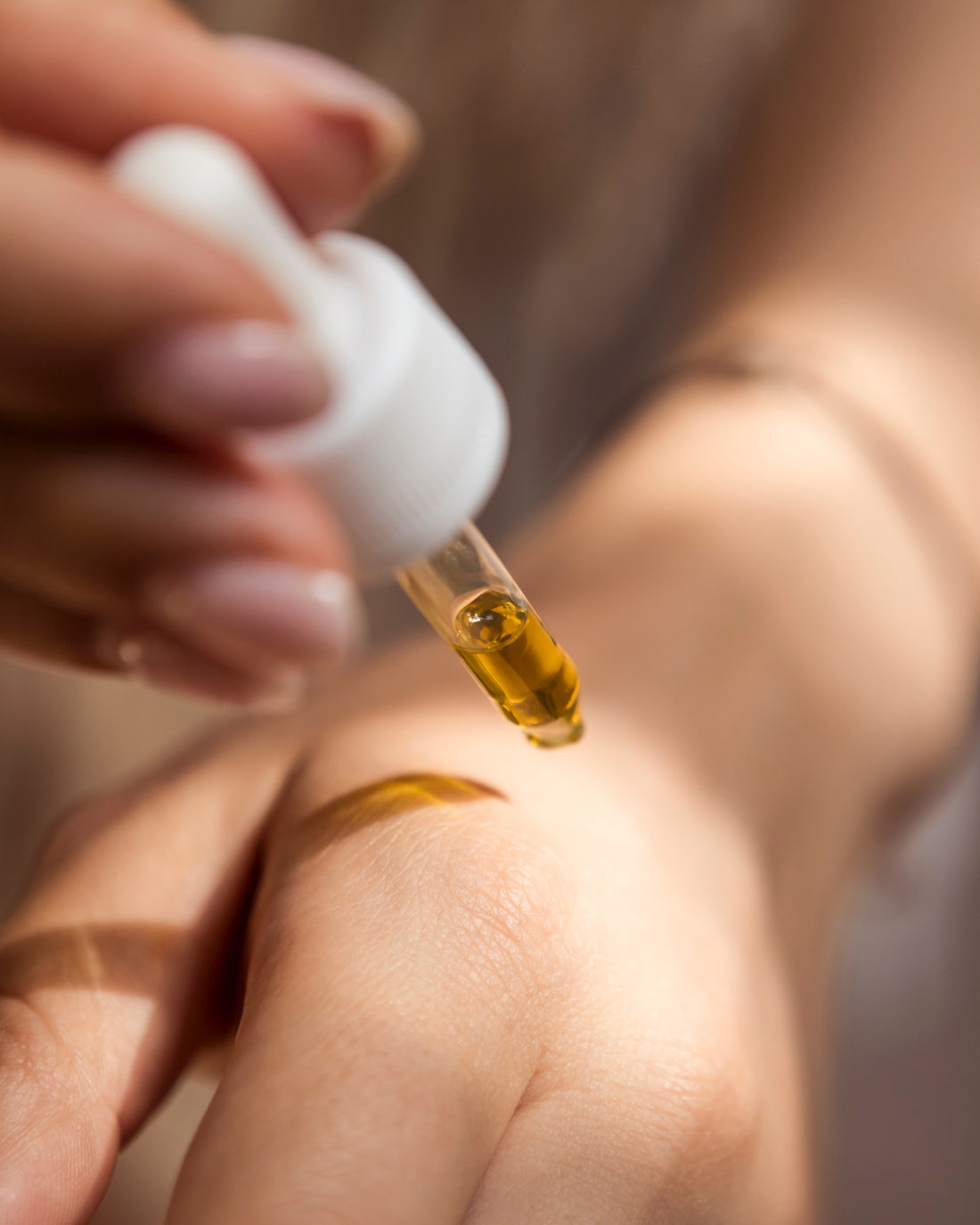Understanding Weather Damaged Skin
Weather damaged skin refers to the negative effects that weather conditions can have on the health and appearance of the skin. Sun exposure, harsh weather elements, pollution, and dehydration are common causes of weather damaged skin. These factors can lead to dryness, redness, irritation, premature aging, and an increased risk of skin cancer. Understanding the impact of weather on the skin is essential in order to effectively repair and restore it.
To illustrate the effects of weather on the skin, let's take the example of sun exposure. Overexposure to the sun's harmful UV rays can lead to sunburn, sunspots, and even skin cancer. Prolonged exposure to cold and windy weather conditions can cause dryness, chapping, and inflammation. Similarly, pollution in the air can clog pores, leading to breakouts and dullness. These examples highlight the need to address and repair weather damaged skin in order to maintain its health and appearance.
Natural Remedies for Repairing and Restoring Weather Damaged Skin
There are several natural remedies available for repairing and restoring weather damaged skin. These remedies prioritise the use of gentle, chemical-free ingredients that are beneficial for the skin. For example, Aloe Vera has soothing and healing properties that can help repair damaged skin and reduce inflammation. Coconut oil is another natural ingredient that can be used to nourish and moisturize the skin, promoting its restoration.
To further illustrate the use of natural remedies, let's consider the benefits of Lavender. Lavender has anti-inflammatory and antibacterial properties that can help soothe irritated skin and promote healing. Shea butter is another natural ingredient known for its moisturising and nourishing effects on the skin. It contains vitamins A and E, which can aid in skin repair and rejuvenation. Jojoba, a natural moisturser, helps balance the skin's natural oil production and can contribute to the restoration of weather damaged skin. Vitamin C, a powerful antioxidant, can also be used topically to repair sun-damaged skin and brighten the complexion. These examples demonstrate how natural remedies can effectively repair and restore weather damaged skin.

Tips for Repairing and Restoring Weather Damaged Skin Naturally
In addition to using natural remedies, there are several tips that can help repair and restore weather damaged skin naturally. One important tip is to maintain a healthy diet and lifestyle.Consuming foods rich in vitamin C, zinc, and antioxidants can aid in the healing process and promote skin restoration. Incorporating fruits and vegetables, whole grains, and healthy fats into your diet can provide the necessary nutrients for skin repair.
Hydration is also essential for repairing weather damaged skin. Drinking plenty of water helps to hydrate the skin from within and provides the necessary ammunition for the skin to repair itself. Additionally, applying natural remedies like Aloe Vera and coconut oil to damaged skin can help heal and nourish the skin. These remedies can be used topically to provide hydration and promote the healing process.
To further illustrate these tips, let's consider the benefits of a healthy diet. Foods rich in vitamin C, such as citrus fruits and berries, can help boost collagen production and promote skin repair. Zinc, found in foods like nuts and seeds, can help reduce inflammation and support the healing process. Antioxidants, found in foods like green leafy vegetables and colorful fruits, can help protect the skin from further damage and aid in its restoration. These examples demonstrate how lifestyle factors, such as diet and hydration, can contribute to the repair and restoration of weather damaged skin.











